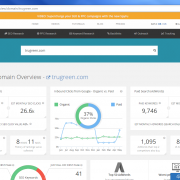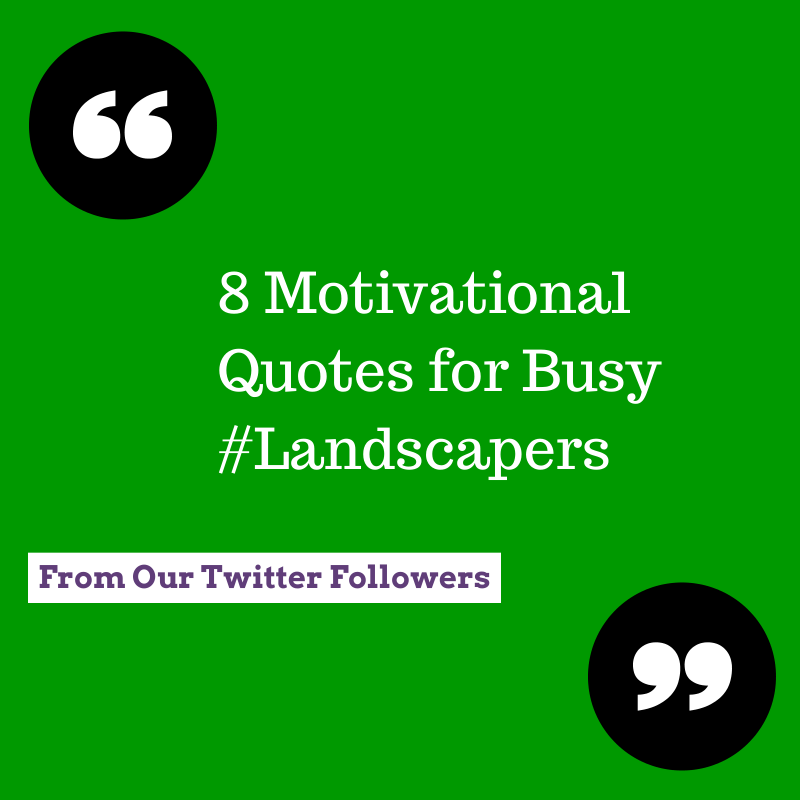It’s the first week of fall… What does that mean for your business?
For many of our service industry customers, the change of season means it’s also time to change how your business operates.
One place where companies should change their focus is in the sales process. On the sales side, fall brings both challenges and opportunities. Your customers have stopped thinking about the summer that just ended and are starting to think about the coming winter.
The big question is, how can you use that change in mindset to your advantage?
Your Customer’s Fall Mindset
There’s a profound difference in how your customers think about their preparations for winter, compared to how they prepare for summer. Not to get too psychological about it, but North American society is conditioned to think (and even “feel” on an emotional level) about the seasons in very different contexts.
Spring and summer are both emotionally upbeat times. Spring is perceived as a time of love and rebirth, and summer is a time of life and abundance. Fall and winter, on the other hand, are associated with darker concepts like decline and even death. This association may be subconscious, but its been part of western society for thousands of years.
It affects how your customers will approach their needs, and that changes how you should approach them to sell in this season.
Opportunity vs. “Risk”
If we had to boil it down to one sentence, we’d say that: “In the spring, customer purchases are driven by opportunity, while fall purchases are more-likely driven by risk.”
Of course this is oversimplified, but many customers have a subconscious change in mindset as we reach fall.
Instead of thinking of how they’ll take advantage of an upcoming warm season, they think more of how they’ll preserve themselves through the oncoming cold season. These differing mindsets mean that fall customers are motivated by different “needs” than spring buyers.
So a spring sale can be aspirational “You want this enhancement to improve your quality of life through the coming summer months”, while a fall sale can more likely be preventative “you need this enhancement to reduce the risk of loss/liability through the coming winter”.
Are You Prepared for Fall Selling?
Since many of our businesses are seasonal, the spring and summer normally represent our “high season”. Many of us tailor our entire value proposition for this time of year and wrap all our sales messages around upbeat concepts like improvement and beautification.
But do we remember that risk and fear can be equally powerful motivators, especially in the fall and winter? And do those concepts make their way into the value propositions we tell to our customers?
Does your sales process talk at all about loss prevention, reduction of liability, and preservation of the current status? Or do you only talk about enhancement, beautification, and improving to a better condition?
Do you sell differently in the fall than in the spring? If not, maybe you should…
Tell us your thoughts in the comments!










Leave a Reply
Want to join the discussion?Feel free to contribute!